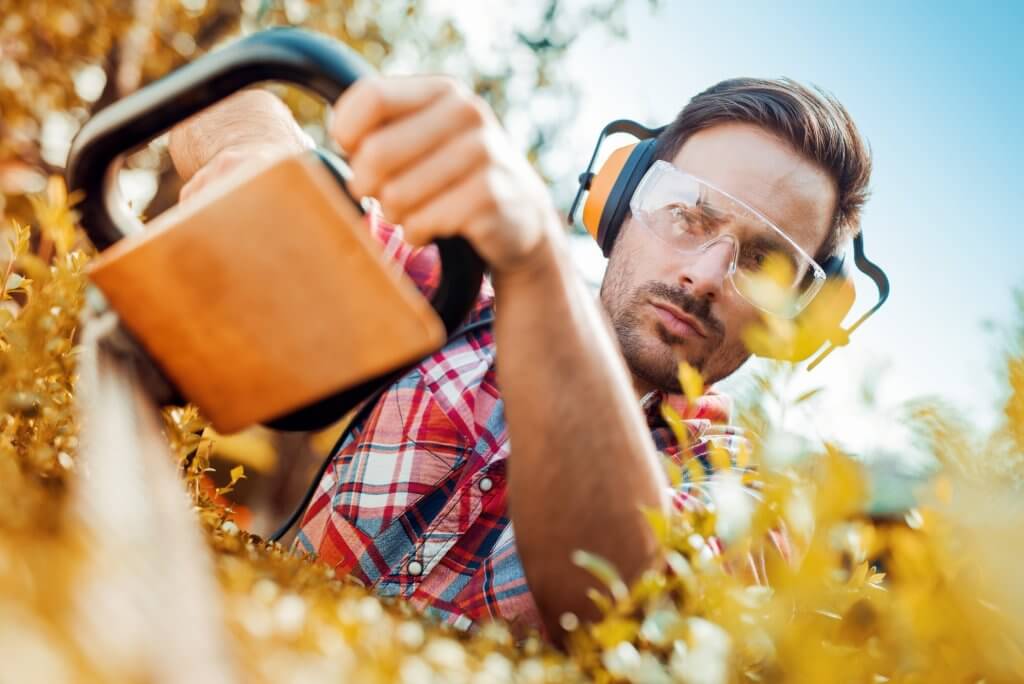The world can be a noisy place. It’s difficult to find a moment’s silence in the hustle and bustle of busy streets, airports and offices. With one in six of us in the UK suffering from hearing loss, is it time to invest in some more serious ear protection?
What are ear defenders?
Ear defenders look like large over-ear headphones, and they do exactly what you’d expect: defend your ears from excessively loud, high-decibel sounds. The next time you pass roadworks or a construction site, look out for a pneumatic drill operator – they will (hopefully) be wearing a pair of ear defenders.
Yet it’s easy to think ear defenders are only for operators of heavy machinery. Noise is all too common, from mowing the lawn and doing DIY with power tools, to noisy environments at work. If that sounds like you, then think about investing in some ear defenders. They’re cheap and might help protect your hearing for years to come.
If you work with heavy machinery, around aircraft, in loud distribution or sorting centres, on building sites or any other noisy environment, your employer is duty-bound to protect your hearing.
How loud is too loud?
Sound level is measured in decibels (dB), but the decibel scale isn’t linear like a measuring tape. For every 3db increase the sound pressure doubles, therefore halving the time you should be exposed. Excessive noise is classed as anything above 85db of sound over an 8-hour period.
As a guide, we’ve listed some common sounds and how they measure up:
- 30db – quiet library
- 50db – moderate rainfall
- 70db – vacuum cleaner
- 90db – lawnmower
- 140db – jet engine
Ear defender’s vs ear plugs
Ear defenders offer around double the protection of ear plugs, but ear defenders are much larger and less versatile than ear plugs. Ear plugs, like those made by ACS, offer a maximum of around 20 dB of attenuation (known as ‘SNR’ in the UK and EU), which is enough for concerts or even in bars and restaurants. Some ear plugs are designed to lower the volume without obscuring the clarity of speech or music.

Don’t automatically think you need the maximum ear protection – make sure you can still hear alarms or other warnings while wearing ear plugs or ear defenders.
Book your free hearing test today
If you’re concerned about your exposure to loud noise, contact your local THCP practice on 0800 52 00 546 or book your free hearing test with us online. We also offer a range of ear plugs to help protect your hearing, just speak to your audiologist during your hearing assessment for more information.

